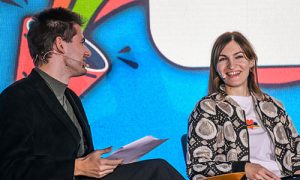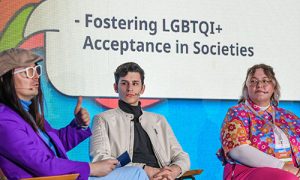Shattering stereotypes: A bold quest for gender equality in Balkan media
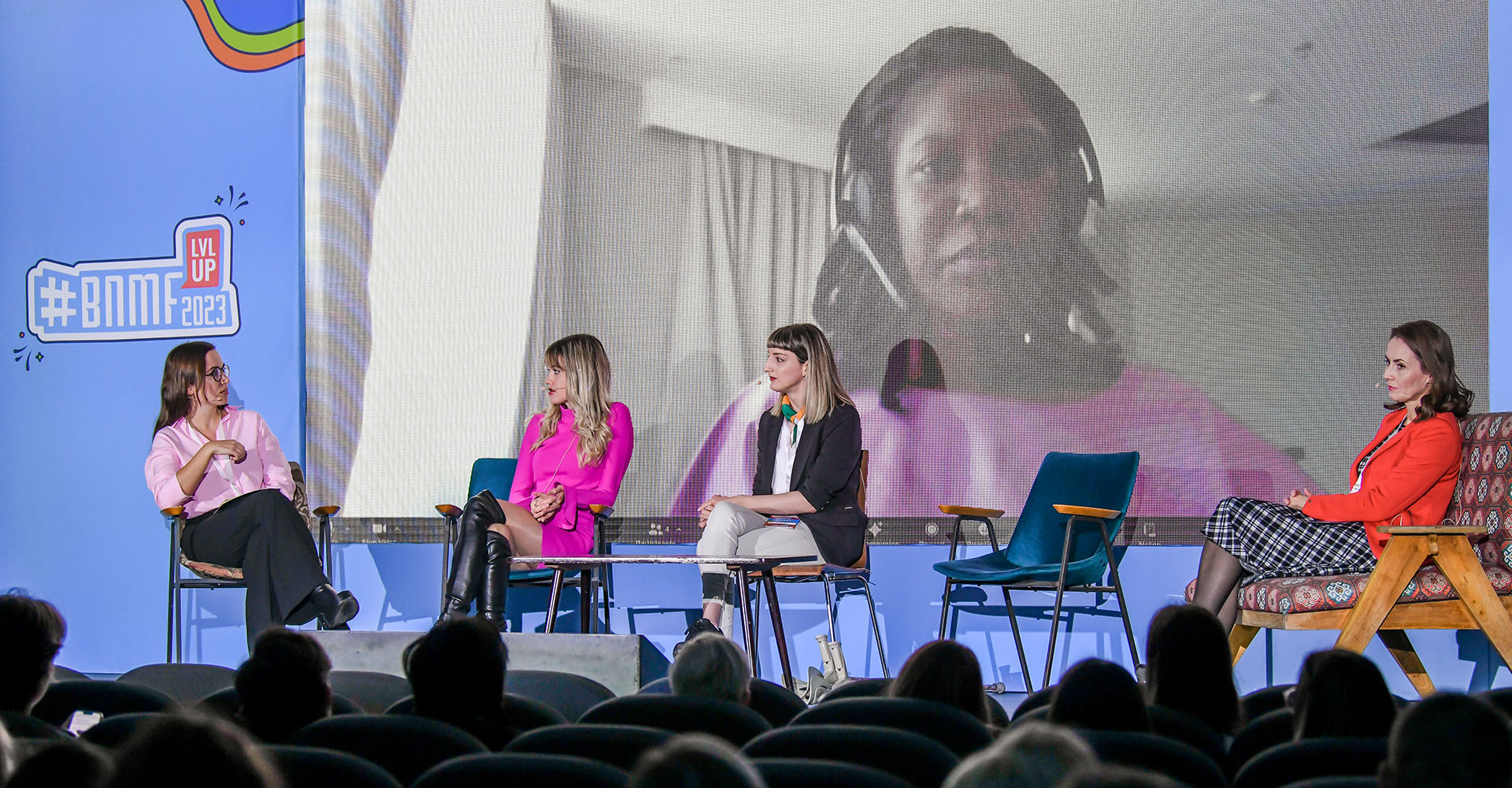
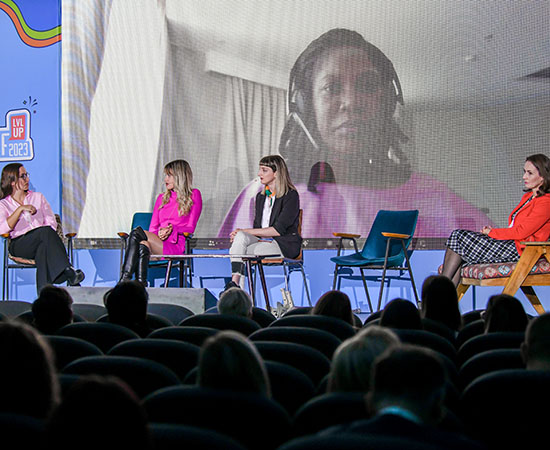
In the evolving media landscape of the Western Balkans, a recent panel discussion brought to light the pressing issues of gender representation and inclusivity. Experts from various fields shared their experiences and insights, vividly depicting the challenges and aspirations for a more gender-inclusive media environment.
Challenging the status quo
The conversation began with a critical examination of the stereotypes hindering gender equality. Nina Pavićević, known for her incisive content creation, highlighted the setbacks caused by the rising anti-gender movement.
“We fall back when something like the anti-gender movement rises,” she explained, emphasizing the fragility of progress in gender equality. Pavićević also underscored the power of social media as a tool for advocacy, connecting people across the Balkan region and beyond.
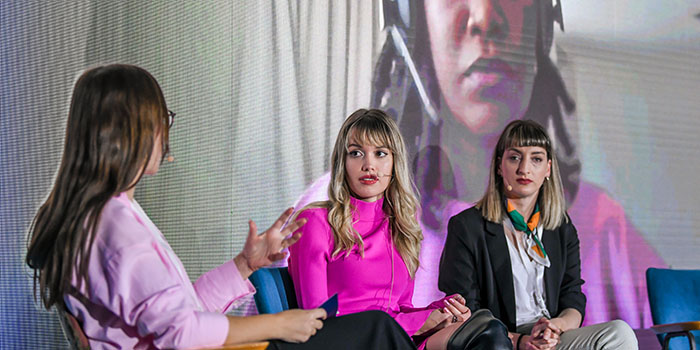
Lana Nikolić, with her extensive experience in various media formats, called for more opportunities for people from disadvantaged backgrounds.
“We need more place for people who come from disadvantaged backgrounds,” Nikolić stated, stressing the need for a media landscape that not only includes diverse voices but also empowers them to lead and influence.
Addressing online violence
Shamim Nakiryowa from DW Akademie East Africa shared insights from the ‘Women of Web’ project, focusing on the alarming trend of online violence against women.
“Cyberspace is the new frontline of violence against women,” Nakiryowa remarked, underscoring the necessity of training, advocacy, and research to create a safer digital environment for women.
“We need more female editors who are aware of the impact of inappropriate reporting on gender-based violence.”
Brankica Janković, Serbian Commissioner for the Protection of Equality
Brankica Janković, the Serbian Commissioner for the Protection of Equality, highlighted the need for more women in influential media roles. She pointed out the critical role of editors in shaping narratives around gender-based violence.
“We need more female editors who are aware of the impact of inappropriate reporting on gender-based violence,” Janković emphasized, calling for a balance in perspectives at the decision-making level in media.
A united call for action
As the session concluded, the panelists’ vision for the future of media in the Western Balkans was clear: a landscape where diversity is celebrated, women’s voices are heard and respected, and the media serves as a catalyst for positive change.
Their unified call for action was a powerful reminder that the path to gender equality in media is paved with persistence, education, and the collective effort of individuals and institutions alike.

